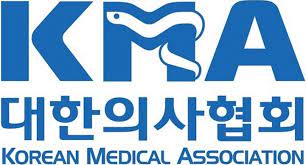Alex Schadenberg
Executive Director, Euthanasia Prevention Coalition
Eun-young explained the proposed assisted dying bill:
The new legislative bill calls for requiring those who wish to receive assisted dying to apply to the Assisted Dying Review Committee to determine eligibility while establishing a review committee under the minister of health and welfare to deliberate and decide it.The assisted suicide movement introduces bills that they believe can get passed. The assisted suicide movement then works to amend and expand the legislation. The reality is that it is harder to legalize assisted suicide than to expand the law once it is legal.
A person can carry out assisted suicide one month after the date of determination of eligibility after the person has expressed his or her desire for assisted dying to his or her family doctor and two specialists. In this case, the physician who assists the person in dying is excluded from the application of the criminal law that bans aiding and abetting a suicide.
The bill also includes a punishment clause, stating that if a person who worked for the management organization and the assisted dying review committee leaks information about the implementation of assisted dying, he or she will be punished by imprisonment for up to three years or a fine of up to 30 million won ($215,830).
Besides, it added new provisions on consultation with a psychiatrist, the right of withdrawal, which allows the person to cancel the decision to end their life at any time, and the prohibition of disadvantage to the person who died as a result of the implementation of assisted dying and the recipients of insurance benefits or pensioners.
The Assisted Dying Review Committee will have 25 members, more than half of whom will be medical professionals, reflecting the medical community’s opinion.
Eun-young explained that a previous bill was introduced in June 2022 titled an: “Act on decision-making for patients in hospice, palliative care and the end-of-life process.” Some experts had pointed out that it was inappropriate to debate issues related to life-sustaining treatment alongside issues related to assisted suicide.
The Korean Biomedical Review reported in July 2022 that the Korean Medical Association strongly opposes euthanasia and assisted suicide.




